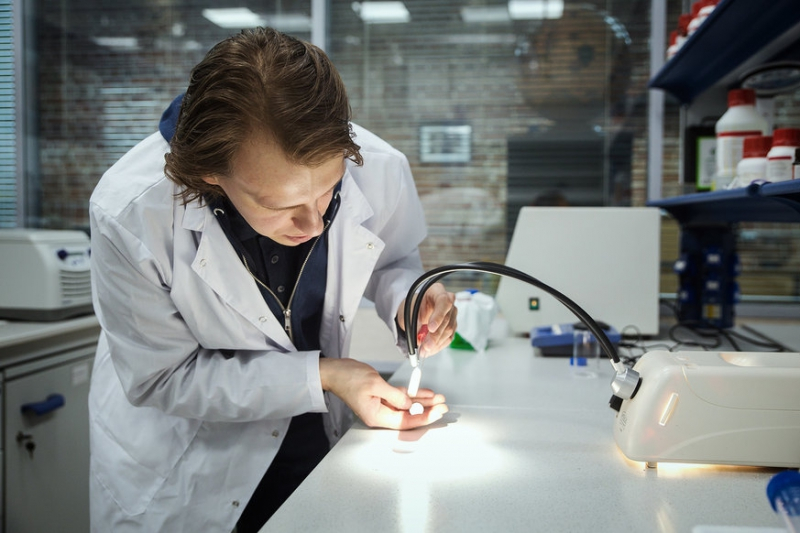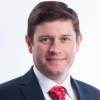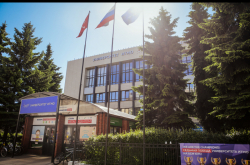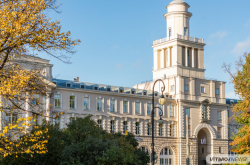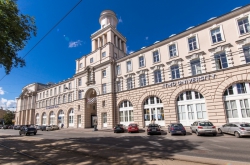The ARWU (Academic Ranking of World Universities) has been published by ShanghaiRanking Consultancy for the past 17 years. Due to its transparent selection criteria, it is described as one of the most objective and prestigious global university rankings, along with the rankings compiled by QS World University Rankings and Times Higher Education.
The ARWU ranking has four key criteria: Quality of Education, based on the number of Nobel Prize and Fields Medals winners among university graduates; Quality of Faculty, defined by the number of award winners among staff and the presence of highly-cited professors; Research Output, determined by the number of scientific articles published in Nature or Science or indexed in Science Citation Index-Expanded (SCIE) and Social Science Citation Index (SSCI); and the last criterion, Per Capita Performance, which represents the total of points gained in the first three criteria divided by the number of scientists and professors at the university.
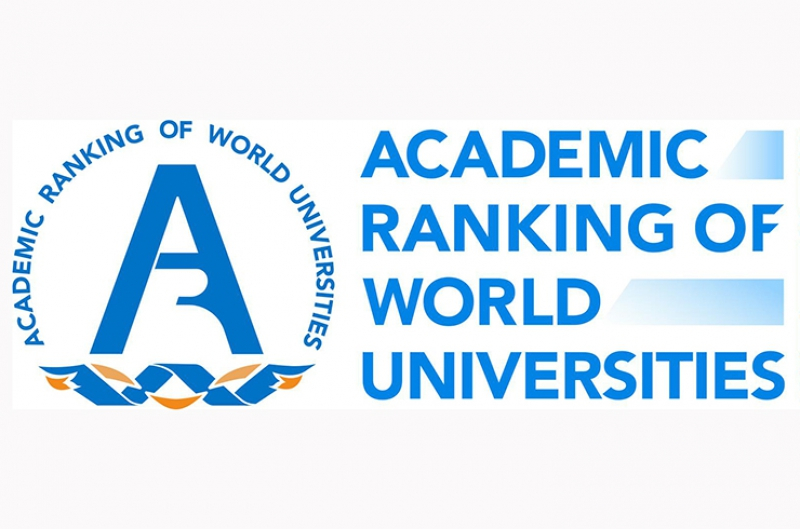
In the latest ranking, ITMO University is placed in the 901-1000 range. At the same time, among Russian universities it is in the 9-11 range. The key factor for ITMO University were the publications in prestigious scientific journals: three in Science and three in Nature, published in 2016, 2017, and 2018.
- The microbial metabolite desaminotyrosine protects from influenza through type I interferon, co-authored by Ekaterina Esaulova, a programmer at the Information Technologies and Programming Faculty;
- Multipotent peripheral glial cells generate neuroendocrine cells of the adrenal medulla, co-authored by Vyacheslav Dyachuk, a researcher at the Faculty of Physics and Engineering;
- Network science on belief system dynamics under logic constraints, co-authored by Anton Proskurnikov, a senior researcher at the Fin Q Lab;
- On-chip generation of high-dimensional entangled quantum states and their coherent control, co-authored by Roberto Morandotti, a professor at the Department of Laser Systems and Technologies;
- Surface patterning of nanoparticles with polymer patches, co-authored by Ekaterina Zhulina, a staff member of the International Scientific and Research Institute of Bioengineering;
- Electrophilic properties of itaconate and derivatives regulate the IκBζ-ATF3 inflammatory axis, co-authored by Alexey Sergushichev, a staff member of ITMO University’s International Laboratory “Computer Technologies”.
The articles published later have not been indexed in the ranking yet, as, according to the methodology, the range of articles for the 2020 ranking is from 2015 to 2019.
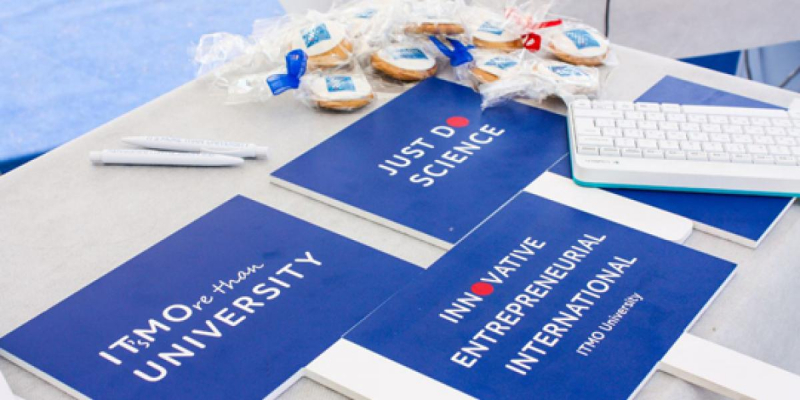
“When we talk about rankings, the growth of the number of the university’s scientific publications is often said to be a guarantee of its success and increasing competitive ability”, says Ilya Kuftiryov, the head of ITMO’s Rankings Research Center. “To a certain extent, this statement is true, because in order to get into the ranking a university needs to overcome the publication threshold, i.e. it needs to have a certain number of scientific articles over the recent period (as a rule, the last five years). However, at the next stage, the publications’ quality, which the rankings assess by the citation index, comes to the fore. In recent years, ITMO University has reached the milestone of over 1,000 scientific articles per year (I should emphasize that, in relation to the Shanghai Ranking, we mean publications of the "article" type), indexed by the International Bibliographic Database Web of Science. ITMO’s strategic priority has been and remains the quality of scientific work, which reflects the outstanding results of scientific research conducted by the university as well as their relevance and demand within the scientific community and the society.”
Earlier on, ShanghaiRanking Consultancy published its latest 2020 Global Ranking of Academic Subjects. ITMO University retained its standing in the top 100 in Automation & Control. Overall, the university expanded its presence from four subjects in 2019 to seven subjects in 2020. Moreover, in five of them ITMO University became Russia’s top university.
Translated by Marina Belyaeva
